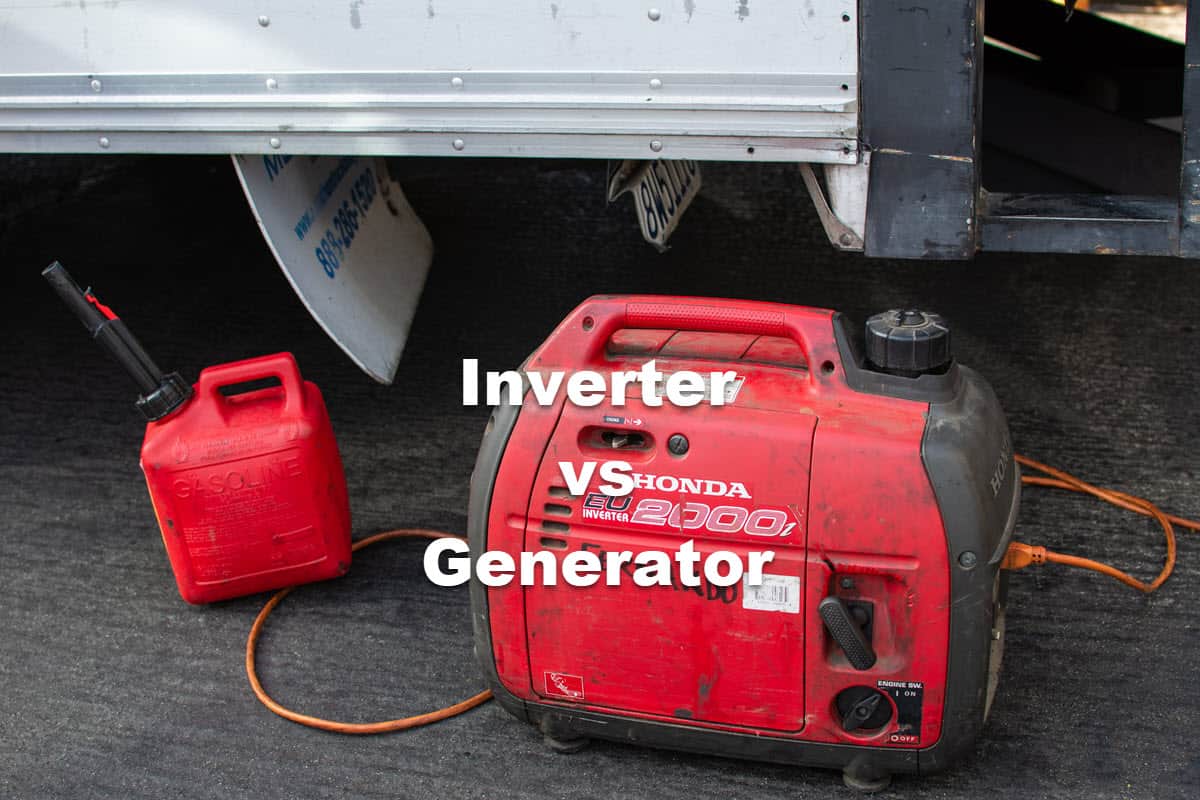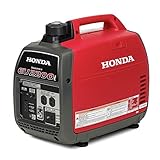Understanding the differences between inverters and generators is crucial for making informed decisions about your power needs. This guide will help you navigate the key distinctions and choose the right solution for your requirements.
Basic Definitions and Functions
Traditional generators convert mechanical energy into electrical power through a combustion engine. To understand their operation in detail, explore our guide on how an inverter generator works. For a deeper understanding of the fundamental differences between generators and inverters, consider how each technology approaches power generation and conversion.
What is an inverter generator? These innovative devices combine traditional generator technology with advanced power conversion systems, offering the best of both worlds. They first generate AC power, convert it to DC, and then convert that back to clean AC power.
Power Output Characteristics
Clean power production is particularly crucial for sensitive electronics and medical equipment. Traditional generators can produce “dirty” power with voltage fluctuations, while inverter technology provides stable, clean power that is ideal for portable power for medical devices.
High-end inverter generators like the Honda EU7000iS are renowned for their exceptional power quality, making them suitable for sensitive electronics. Traditional generators like the DuroMax XP13000EH excel in high-power applications where clean power is less critical.
Technical Differences and Efficiency
Modern inverter generators achieve remarkable efficiency through sophisticated electronic control systems. Unlike traditional generators that run at constant speed regardless of load, inverter generators adjust their engine speed to match power demand, resulting in:
- Reduced fuel consumption
- Lower noise levels
- Extended engine life
- Improved overall efficiency
Practical Applications
Different power needs require different solutions. Traditional generators excel in high-power applications like construction sites and whole-house backup power. Their robust design and high power output make them ideal for demanding situations.
Inverter generators, particularly those found in our inverter generator category, are perfect for:
- Camping and recreational activities
- Powering sensitive electronics
- Mobile applications requiring clean power
- Situations where noise control is important
Performance Factors
When comparing performance, consider these key aspects:
Noise Levels: Inverter generators typically operate at 50-60 decibels, while traditional generators often exceed 70 decibels.
Portability: Inverter generators are generally more compact and lighter, though this may mean reduced power output compared to traditional generators.
Maintenance: Both types require regular maintenance, but inverter generators often have longer service intervals due to their more efficient operation.
Making the Right Choice
Selecting between an inverter and a traditional generator depends on several factors:
- Power Requirements: Calculate your total power needs
- Usage Environment: Consider noise restrictions and portability requirements
- Type of Equipment: Evaluate sensitivity to power quality
- Budget: Factor in both initial and long-term costs
For more detailed information about portable power solutions, visit Portable Power Roundup, which offers comprehensive guides and reviews.
Conclusion
Both inverters and generators have their place in the portable power ecosystem. Understanding their differences and specific advantages helps ensure you choose the right solution for your needs. Whether you prioritize clean power for sensitive electronics or need maximum power output for heavy-duty applications, there’s a solution that fits your requirements.











Leave a Reply